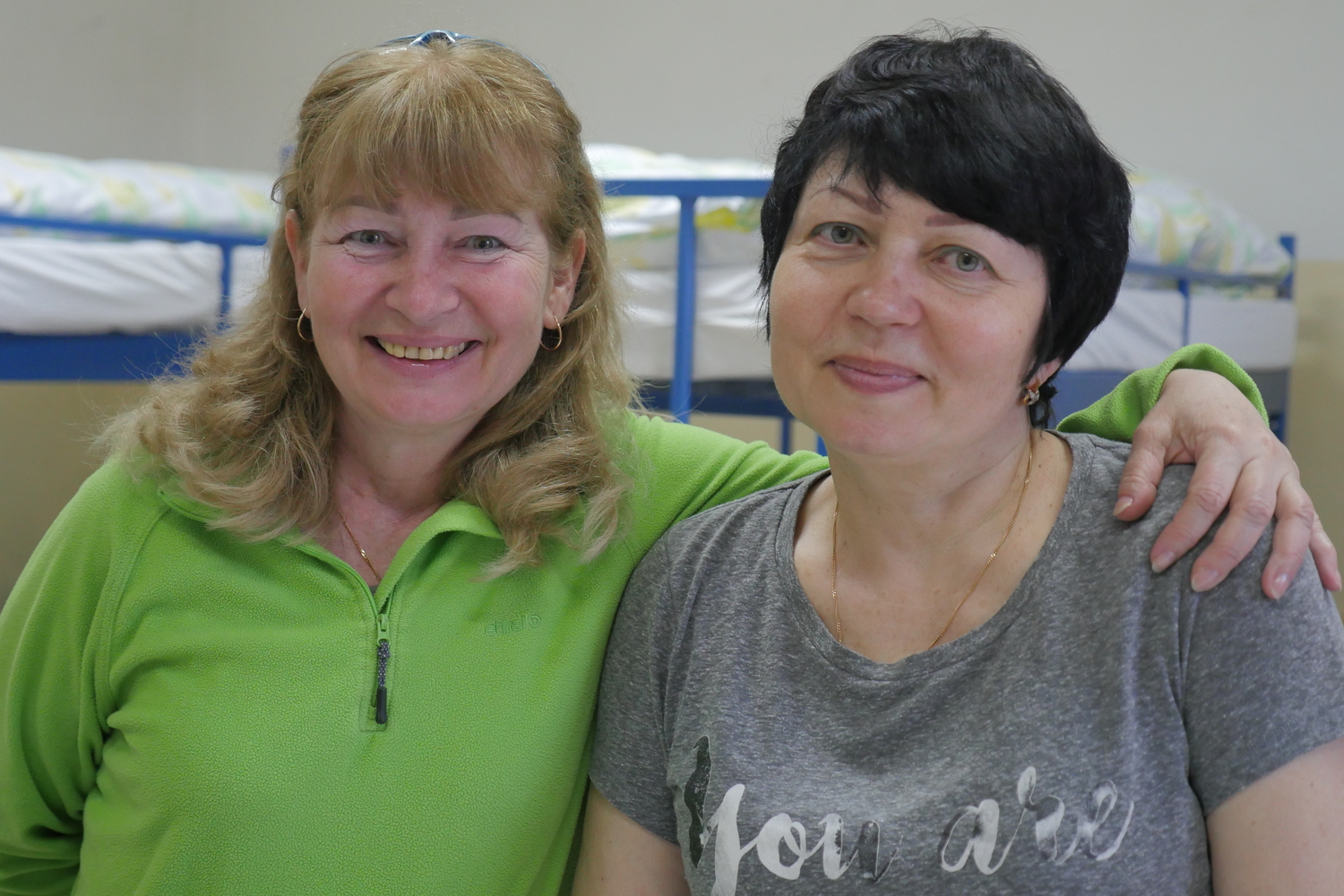Gulf of Aden drownings raise concerns over smuggling and rescue-at-sea tradition
Gulf of Aden drownings raise concerns over smuggling and rescue-at-sea tradition

GENEVA, April 15 (UNHCR) - Refugee drownings in the Gulf of Aden this week have raised the UN refugee agency's concerns over the inhumane practices of smugglers and called into question the longstanding tradition of rescue at sea.
Two separate incidents in the Gulf of Aden this week have left 16 people dead and five missing. Most of the casualties were Somalis who had escaped violence and human rights abuses back home.
On Wednesday, a boat carrying 45 Somali refugees from Mogadishu and Hiran sank some two km off the Yemeni shores near the town of Murais, more than 300 km east of Aden. A total of 15 passengers drowned and five are missing. Those who survived swam ashore, where they were later found by UNHCR's partner Society for Humanitarian Solidarity (SHS) and taken to the Ahwar Reception Centre for care and recovery.
The surviving passengers said the smugglers' boat had set sail on Monday evening from the Elayo area of Bossaso in Puntland, northern Somalia. It immediately ran into heavy winds and rough seas and they had to scoop water out to keep the boat afloat.
On Tuesday afternoon, the boat approached the Yemeni coast but the crew refused to approach the shore, fearing interception by the Yemeni Coast Guard. Hungry and dehydrated, the passengers began crying and shouting but the crew decided to stay out at sea till the morning. The boat eventually sank in rough seas.
The survivors said that some time during the voyage they saw a cargo vessel and foreign naval ship. The naval ship approached their boat but ignored their cries for help.
"This is disturbing," UNHCR spokesman Andrej Mahecic told journalists at a Geneva briefing on Friday. "We appeal to all shipmasters in the Gulf of Aden to uphold the longstanding tradition of rescue at sea and helping vessels in distress."
According to staff at the Ahwar reception centre, the survivors are exhausted, dehydrated and severely traumatized. UNHCR and SHS help includes providing counseling for survivors at the reception centre. The bodies of 15 victims have been buried at the Al-Haibalah cemetery. The smugglers reportedly survived and fled towards Mukalla, a town some 520 km east of Aden, as soon as they reached the shore.
In a separate incident, another smugglers' boat left from Elayo on Monday with 79 passengers on board - 77 Ethiopians and two Somalis. They arrived off the coast of Yemen near Al-Kaida in Shabwa governorate on Wednesday at dawn. The crew dropped anchor in a deep area and forced the passengers into the sea.
An Ethiopian man drowned in the heavy waves. His body was recovered by SHS and buried at a cemetery at Al-Hamra, close to the Mayfa'a Reception Centre. SHS found 73 survivors and took them to Ahwar Reception Centre for care and support. The remaining survivors left from the beach on their own.
"UNHCR is alarmed by a growing number of deaths in the Gulf of Aden this year," said Mahecic, noting that 89 people are known to have drowned in January and February alone - nearly six times the number (15) during the whole of 2010. "We also note with the great concern the resurgence of violence and inhumane treatment by smugglers of the refugees, asylum-seekers, and migrants that they are transporting. The deadly record for the first three months is a stark manifestation of this trend."
So far this year, more than 6,500 Somalis and 18,800 Ethiopians have arrived in Yemen by boat.








